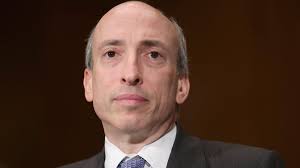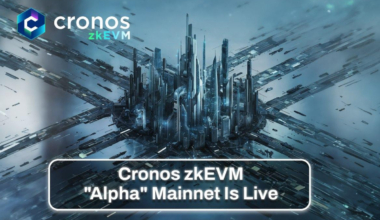Gary Gensler, the chair of the Securities and Exchange Commission (SEC), finds himself embroiled in controversy and facing widespread criticism.
While rumors circulate about his aspirations for higher positions, sources suggest that his lack of popularity extends beyond the cryptocurrency community and encompasses much of the US government. However, the real concern lies not in his popularity but in his competence, which many argue is sorely lacking.
Under Gensler’s leadership, the SEC has become a weapon used to stifle innovation and hinder progress in the digital asset space, ultimately jeopardizing America’s standing as an economic power.
Threatening America’s Economic Power:
Gensler’s SEC represents a regressive force that impedes the inevitable rise of digital assets and the technological revolution transforming financial markets worldwide. The United States faces a critical choice in this paradigm shift: to lead or to follow.
Unfortunately, Gensler’s SEC has opted to ignore progress, suppress innovation, and drive talented individuals abroad.
As a result, other nations, including those the US considers rivals, are seizing the opportunity to become leaders in tomorrow’s financial markets, leaving America behind.
Harm to American Crypto Holders:
Millions of Americans are actively engaged in the cryptocurrency market, yet Gensler’s SEC repeatedly fails to engage in meaningful discussions about the nature of digital assets and what qualifies as a security.
This refusal to address the concerns of token holders not only harms individual investors but also stifles the growth and development of the crypto industry in the US.
As market fluctuations occur in response to Gensler’s actions, it becomes evident that the laws governing cryptocurrencies were established decades ago and fail to account for the rapidly evolving landscape.
Unelected Bureaucrat and Democratic Norms:
Gensler’s status as an unelected bureaucrat raises concerns about the concentration of power and the role of Congress in shaping regulations for capital markets.
Bipartisan opposition to Gensler’s agenda is at an all-time high, with members of Congress eager to take charge of defining the rules governing the digital economy.
Gensler’s insistence on pushing his own agenda, despite widespread opposition, is seen by many as a dereliction of his duty to uphold democratic norms.
Embracing the Future of Finance:
The financial markets of the future will inevitably be tokenized, leveraging blockchain technology and incorporating new entities that may not neatly fit into existing securities laws.
However, Gensler’s SEC stands in the way of progress and hinders America’s potential to become a leader in the global financial system of tomorrow.
By impeding innovation and obstructing the development of a thriving digital economy, the US risks being relegated to a reluctant participant rather than a frontrunner.



